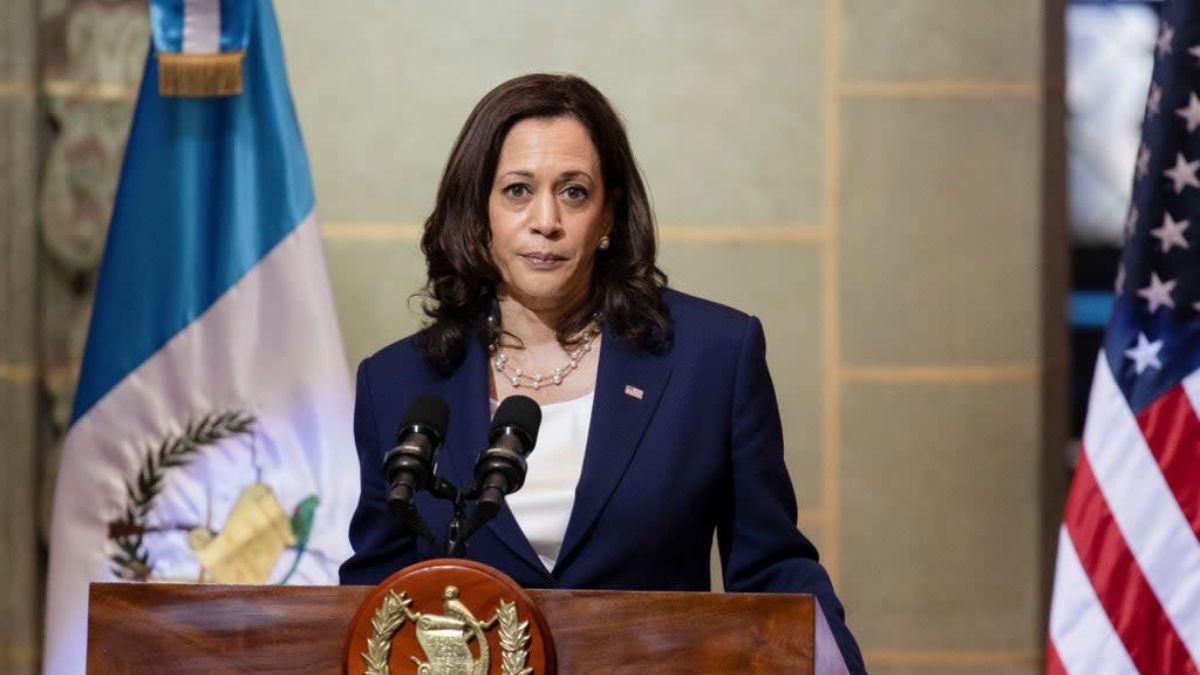Vice President Kamala Harris is facing significant backlash after her recent support of a bipartisan border bill, which critics argue marks a stark reversal of her previous stance on the construction of a border wall. The bill, which has garnered bipartisan support in Congress, includes provisions that some interpret as an endorsement of extending the border wall—a policy that Harris once condemned as “un-American.”
During her tenure as a senator and throughout her vice-presidential campaign, Harris was a vocal critic of the border wall, associating it with divisive and exclusionary policies. She argued that the wall symbolized a broader approach to immigration that was antithetical to American values of inclusivity and compassion. Her opposition to the wall was a central aspect of her platform on immigration reform, where she advocated for more humane and comprehensive solutions.
However, Harris’s support for the bipartisan border bill has raised eyebrows, as the legislation includes measures to enhance border security that could lead to the construction of additional physical barriers along the U.S.-Mexico border. Proponents of the bill argue that these measures are necessary to address security concerns and manage the flow of migrants more effectively.
Harris’s decision to back the bill has sparked a wave of criticism from both sides of the political spectrum. Progressives and immigration advocates accuse her of abandoning her principles and caving to political pressure. They argue that her support for the bill undermines her previous commitments to more compassionate immigration policies and question her consistency on the issue.
On the other hand, some conservatives see Harris’s support for the bill as a pragmatic step toward achieving a broader consensus on border security. They view it as a necessary compromise in the face of ongoing challenges at the border, including surges in migrant crossings and the need for more secure border infrastructure.
In response to the criticism, Harris has defended her decision, emphasizing that the bill represents a balanced approach to border security that includes not only physical barriers but also increased investment in technology and personnel to ensure a more efficient and humane border management system. She maintains that her support for the bill does not signal an endorsement of the previous administration’s policies but rather reflects a commitment to finding practical solutions in a complex and evolving situation.


